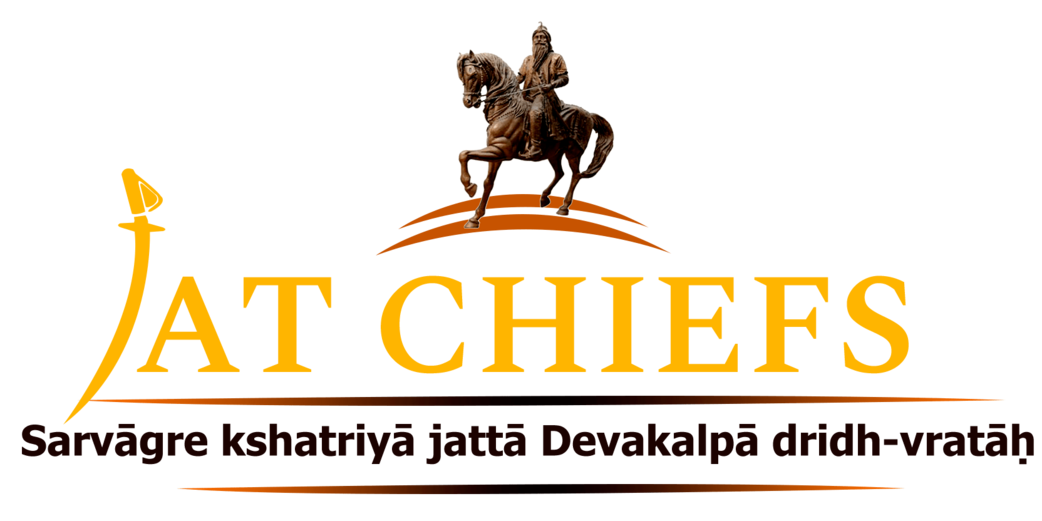Fateh Singh Bhangi, was born into Dhillon Jat family and was son of Gujjar Singh Bhangi. When Sahib Singh took possession of the family estates, Fateh Singh went to Gujranwala on the invitation of Mahan Singh. Mahan Singh told him that he was a petty Zimindar , while his brother Sahib Singh was a “Raja”. Further he told him to claim half of the estate from his brother. After the fall of Fahore, Fateh Singh joined with Ranjit Singh and got the possession of Fatehgarh and Sodhra. Fateh Singh became reconciled to his brother Sahib Singh but this friendship did not last long because Fateh Singh favored Raj Kaur, wife of Sahib Singh, who feeling shocked at her husband’s third marriage, had seized the fort of Jalalpur. Fateh Singh went back to Ranjit Singh who would not do any thing for him. Fateh Singh returned to Fahore and remained in Lahore in poverty for a year and then he was compelled to return to his brother at Gujrat who granted him Daulatnagar and other estates.
After Sahib Singh’s death Fateh Singh went to Kapurthala where he remained in the service of the Ahluwalia Sardar Fateh Singh. After the death of his mother Mai Lachmi, Fateh Singh received a grant of Rangher and some other villages in the district of Amritsar. A little later he entered the service of Sham Singh Atariwala. He was killed at Bannu in 1832 during the campaign of Malik Dilasah Khan. 103 He was succeeded by his son Jaimal Singh who took service under Sham Singh Atariwala. He, however, quarreled with his Chief and this brought on Jaimal Singh more troubles than there is space to record here. Because of the enmity of Sham Singh, his Jagir was revoked and when the British occupied the territory of Punjab, he was in a great poverty. He resided at Rangarh, without pension or estate and thus the great Bhangi confederacy collapsed. He died in 1871, leaving behind son named Jowala Singh Bhangi.
Reference:-
- Lepel Griffin, The Punjab Chiefs , Vol-I, p. 345.
- Lepel Griffin, The Punjab Chiefs, Vol-I, p. 345; Syed Muhammad Latif, History of the Panjab, p. 306.


